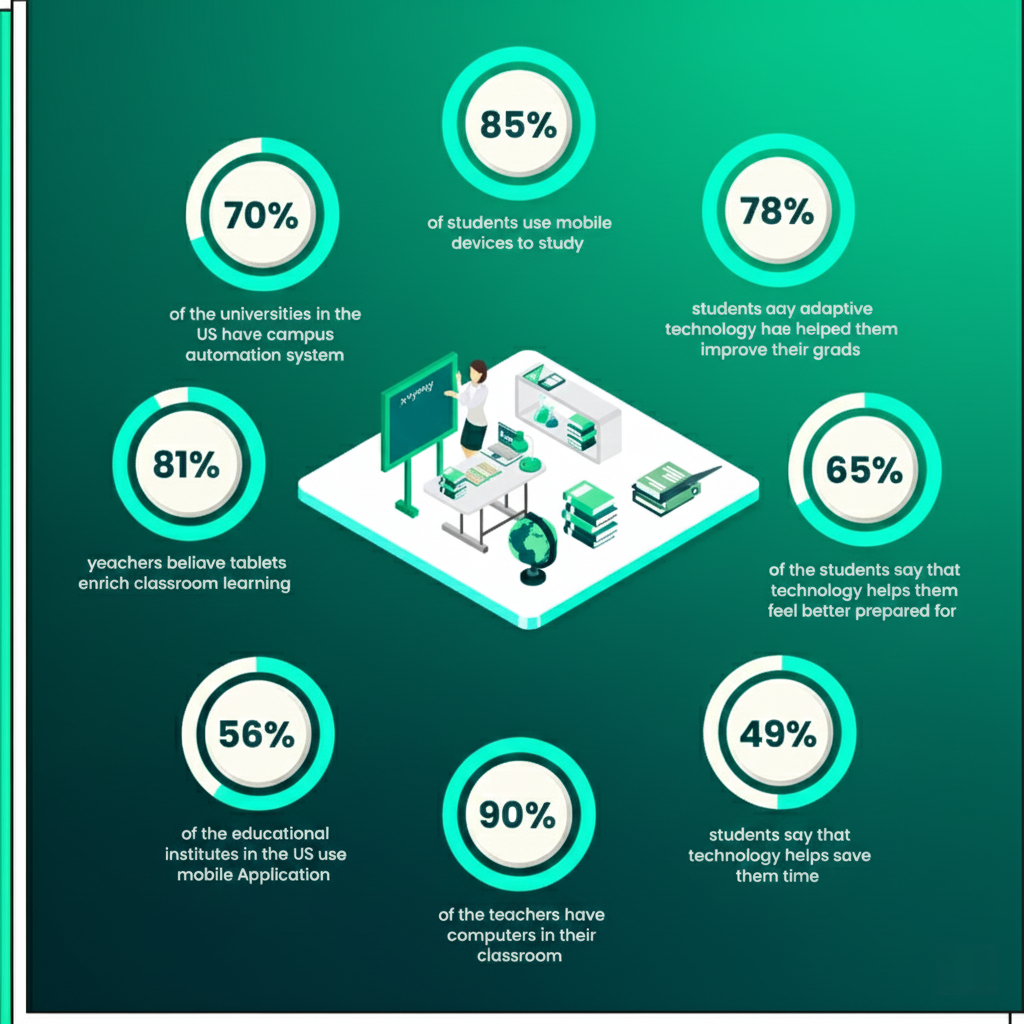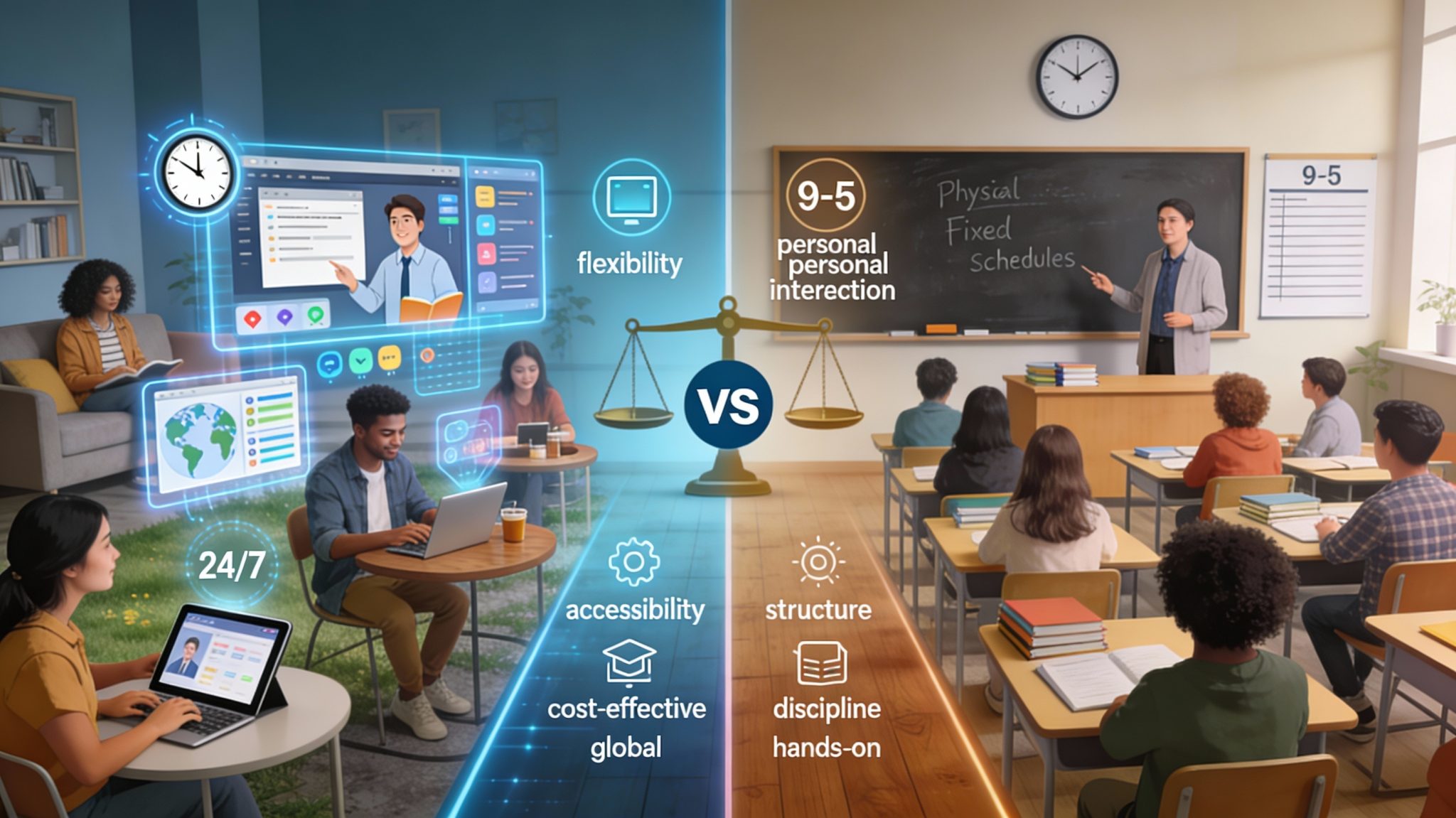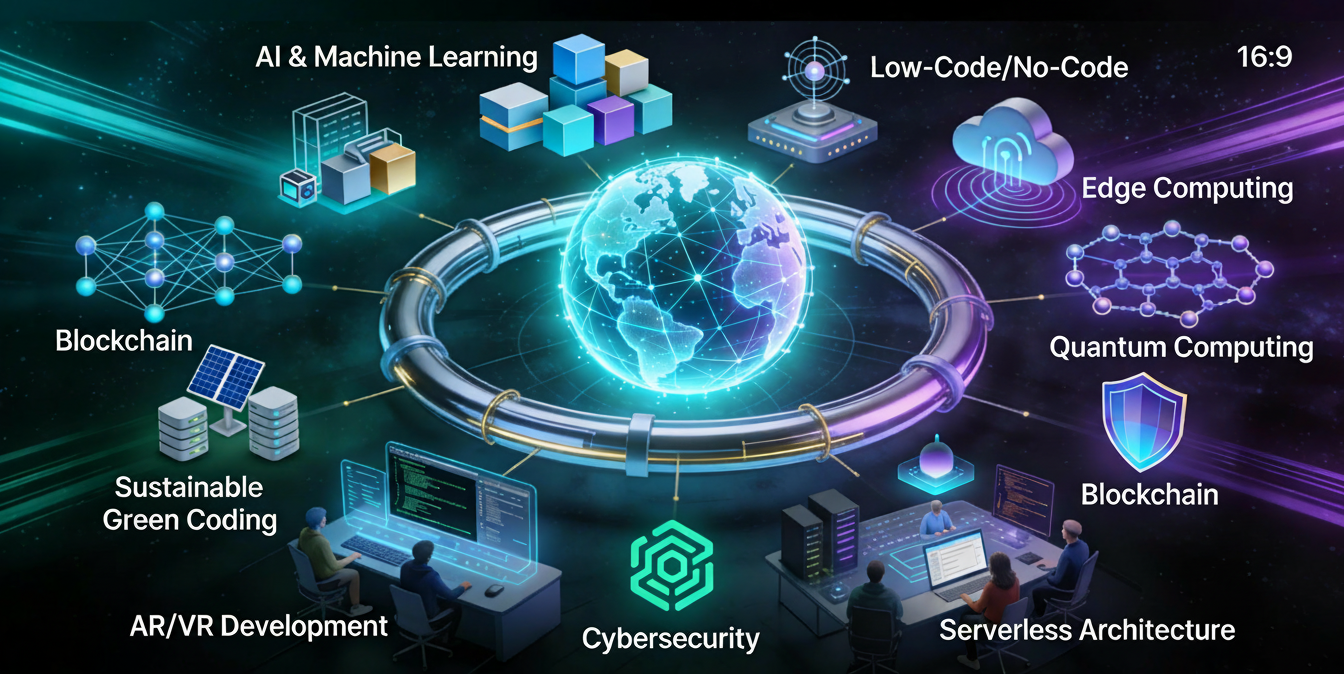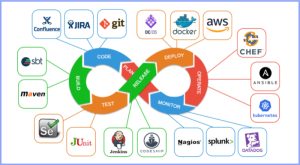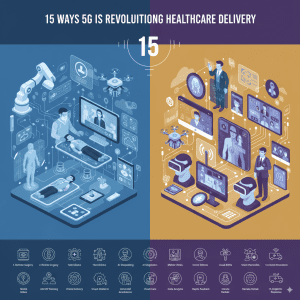Introduction
In the fast-moving tech world, learning every new framework that trends on social media can seem necessary. But rapidly jumping from one tool to another may actually harm your long-term career growth. Instead of giving you an edge, chasing too many frameworks can stand in the way of deep expertise, lead to burnout, and leave you unprepared for real-world challenges.
What Is a Framework?
A framework is a set of pre-built components and structures that helps developers build applications faster and more efficiently. Frameworks save time by providing reusable building blocks and conventions, so you don’t need to start every project from scratch.
The Downsides of Learning Too Many Frameworks
1. Superficial Knowledge, Not Expertise
-
Surface-level learning leads to a limited grasp of each framework.
-
Shallow skills make it difficult to troubleshoot or build complex solutions.
-
Employers value depth—someone with mastery in a key tool or stack—over breadth.
2. Weak Grasp of Programming Fundamentals
-
Frameworks often hide essential language features, algorithms, and patterns.
-
Over-reliance leaves many unable to code solutions without that specific framework.
-
You risk building knowledge like a house on shaky foundations, struggling when frameworks change or become obsolete.
3. Poor Job Market Positioning
-
Most companies focus their hiring around a few major, well-supported frameworks.
-
Shallow experience across many frameworks rarely stands out. Instead, confident expertise in one or two can open more doors.
-
In interviews, deep knowledge enables you to answer complex questions and solve actual problems, where checklists of frameworks do not.
4. Framework Fatigue and Burnout
-
Constant learning replaces actually building and shipping real projects.
-
Chasing the “next big thing” in frameworks can prompt stress, self-doubt, and eventually professional burnout.
-
Many developers report feeling overwhelmed by endless new technologies—leading to frustration and even thoughts of leaving the industry.
5. Limited Problem-Solving and Adaptability
-
Developers who know only frameworks find it hard to work “without the training wheels.”
-
Real-world challenges often demand creative solutions that extend beyond what any tool offers.
-
Without strong fundamentals, it’s hard to pivot or innovate when requirements evolve or tech stacks shift.
Real-World Scenarios
Scenario A: “Framework Hopper” vs. Specialist
| Framework Hopper | Specialist | |
|---|---|---|
| Project Output | Many partial demos; few completed apps | Fewer, deeper, real-world ready projects |
| Interviews | Recites many tools, little depth | Explains solutions in detail, uses strong fundamentals |
| Career Path | Stagnates in junior roles | Moves into senior/lead positions |
Scenario B: Recruiter Preferences
-
Preferred: “Contributed to production apps using a few main frameworks, understands the underlying language and ecosystem.”
-
Less Preferred: “Lists many frameworks but can’t explain how or why something works, or adapt beyond the tool.”
Are You Spreading Yourself Too Thin?
-
Spending more time on tutorials than building real projects
-
Quickly forgetting syntax or features after moving to the next framework
-
Struggling with the basics of your language (e.g. JavaScript, Python)
-
Feeling “framework fatigue” or dreading each new tech trend
How To Avoid the Framework Trap
-
Master Fundamentals: Focus on your main language, algorithms, and patterns first.
-
Go Deep, Not Wide: Dive into one or two widely-used frameworks, understand them end-to-end.
-
Build Real Projects: Apply your skills in practical, production-ready apps.
-
Upgrade Tools with Purpose: Only add a new framework if your project requires it, not just because it’s trending.
-
Learn How to Learn: Understanding core concepts makes adapting to new frameworks much easier later on.
Frequently Asked Questions (FAQ)
Should I ignore all frameworks?
No. Frameworks save time and enable productivity, but only after you have a solid base and understand why you’re using them.
Can knowing many frameworks help me get jobs?
Not unless you have in-depth, real-world experience in each one. Employers prioritize demonstrable expertise over brief, surface-level familiarity.
How do I choose frameworks to focus on?
Look at industry trends in your field, ask local employers, and research which tools appear in actual job listings.
Will frameworks become obsolete?
All tools evolve or fall out of favor. Strong fundamentals ensure you can always retool and adapt.
What happens if I need to learn a new framework for work?
If you’ve mastered the foundations, you’ll learn any new framework much faster and with less stress.
Conclusion
Don’t let the endless parade of new frameworks distract from what matters most—building rock-solid fundamentals and applying your skills to real-world challenges. Prioritizing depth in a few key tools, combined with a strong core knowledge of programming, will foster long-term growth, resilience, and career satisfaction in tech.

